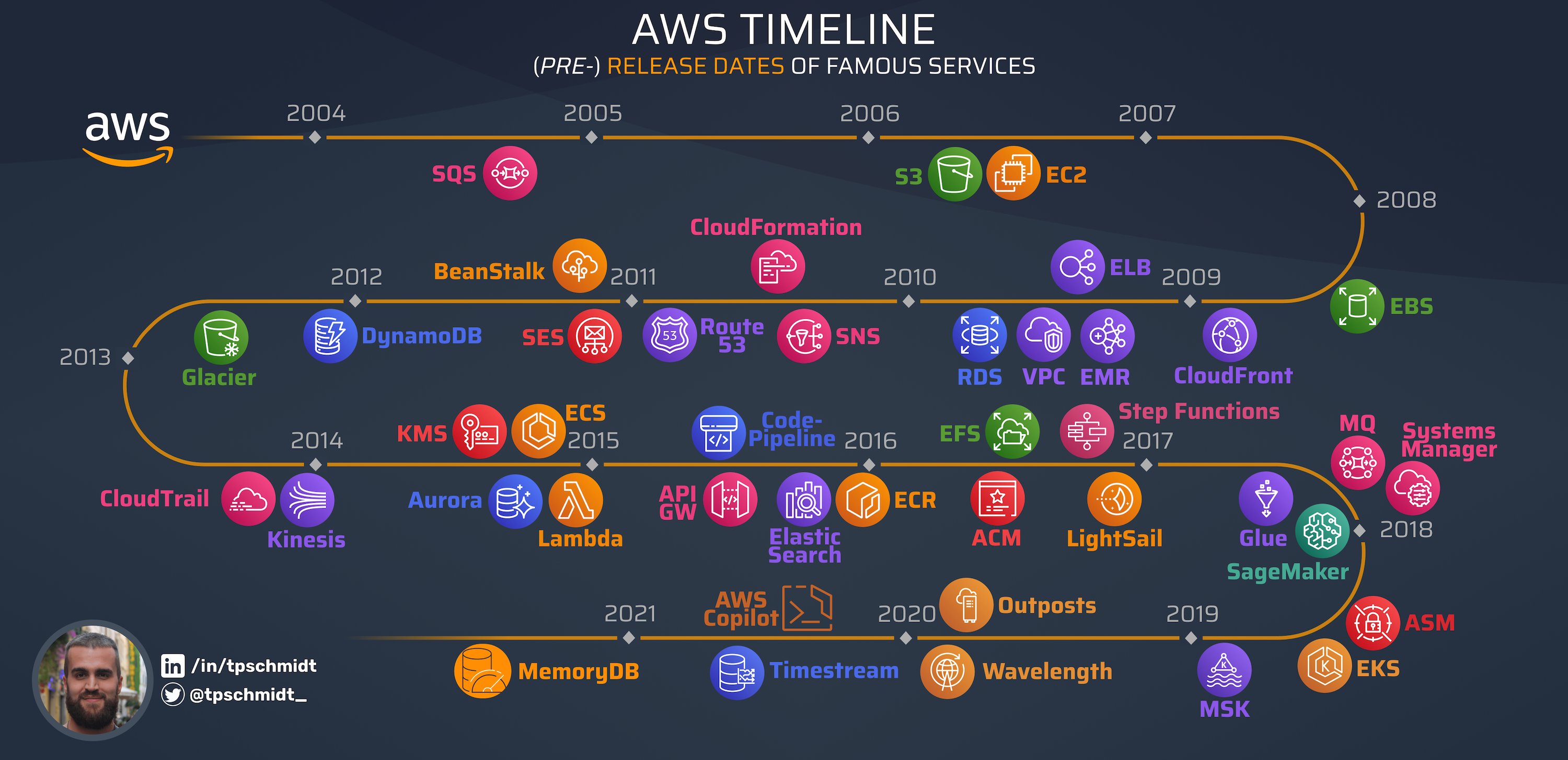Goodbye AWS, Hello Vercel (for now)
AWS might have a billion features, but Vercel has simplicity, and I'd rather have that, frankly.
When I decided I was going to write and release 10 web applications in 1 year, I knew immediately that I was going to have to focus my tech stack on simplicity and agility. AWS is... anything but that.

I started looking into Vercel, and decided to give the Web App Dev's Favorite Platform a shot. Here are 3 things that I immediately loved about Vercel right off the bat.
#1 : CI/CD is a Breeze
CI/CD, or deploying your application to prod or a test/staging environment, is as easy as connecting a Git repository, especially if you're using NextJS.
Vercel deployments work by watching the branches of your Git repository for changes. You can choose one branch as your deployment branch (usually main/master) and all other branches are staging/test branches. Every time you push to one of those branches, a new deployment is created where you can literally view how your app looks from the open internet. You can also delineate between dev/staging/prod environment variables, databases and more.
One of the most infuriating things about AWS is how convoluted the CI/CD process is. I know a lot of people get really nerdy about infrastructure, and they just love playing with Terraform and Lambda setups and GitHub actions... I'm just not that guy. I want to code, deploy, iterate, not mess around with some Infrastructure as Code configs and GitHub Action logs. The simplicity of Vercel's CI/CD means I can focus more on writing code and less on deploying it.
#2 : Built with NextJS in Mind
A lot of devs critique Vercel for basically forming their company around NextJS and, more controversially, forming NextJS around their company. Vercel is the creator and core maintainer of NextJS, and a lot of their decisionmaking around where to take Next certainly seems to be tailored toward making it as easy as possible to deploy and run on Vercel infrastructure.
I get where there is controversy here, but frankly what this has lead to is a seamless user experience when trying to deploy Next web apps to Vercel. You can create custom build commands (like the ones necessary to generate Prisma schemas, for example), view the build logs and more all in the same dashboard. The builds happen super fast, too, which removes a pretty annoying road block when you're trying to deploy a fix or iterate fast.
#3 : Integrated Data Storage
The only thing I want to do less than deal with infrastructure and CI/CD pipelines is maintain databases. Luckily, Vercel has this covered as well. Their PostGreSQL integration means everything is in one place, IO is super fast and deployments are easy. I was able to set up two managed databases for dev and prod in just a couple minutes, and the environment variables necessary to interact with those databases are automatically added to your builds.
Conclusion
In conclusion, if you're like me and are tired of just constantly having to deal with infrastructure when you'd rather be writing code, I would highly recommend Vercel at the current moment. Does it scale? I don't know, but my web sites are getting about 400 visitors a month, so I'm really not concerned about that at the moment...